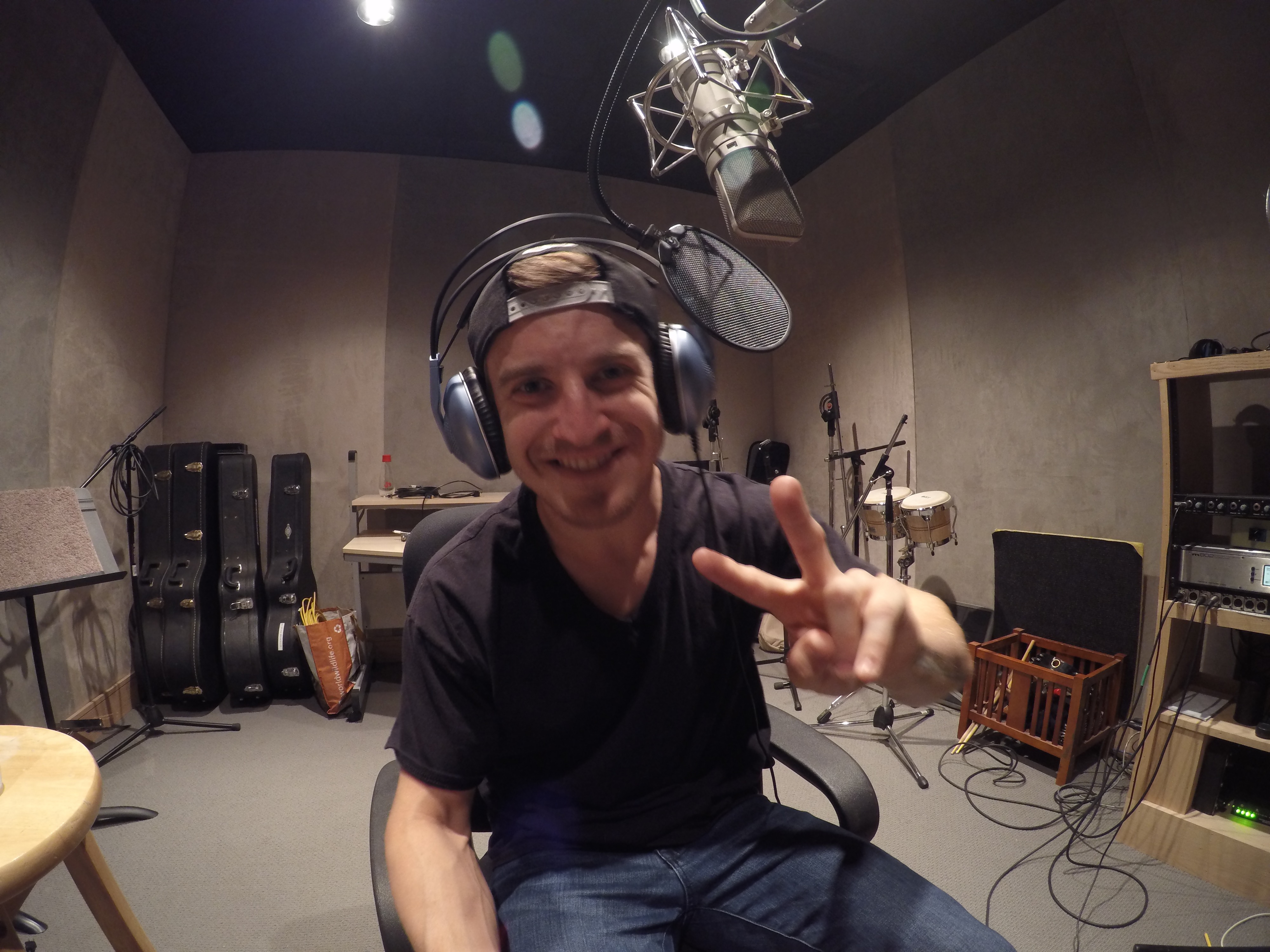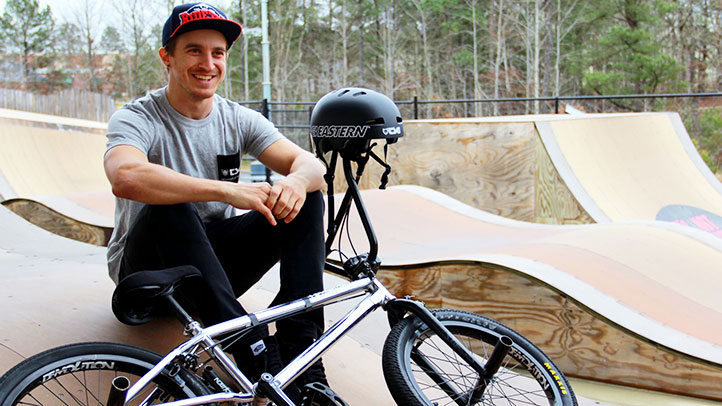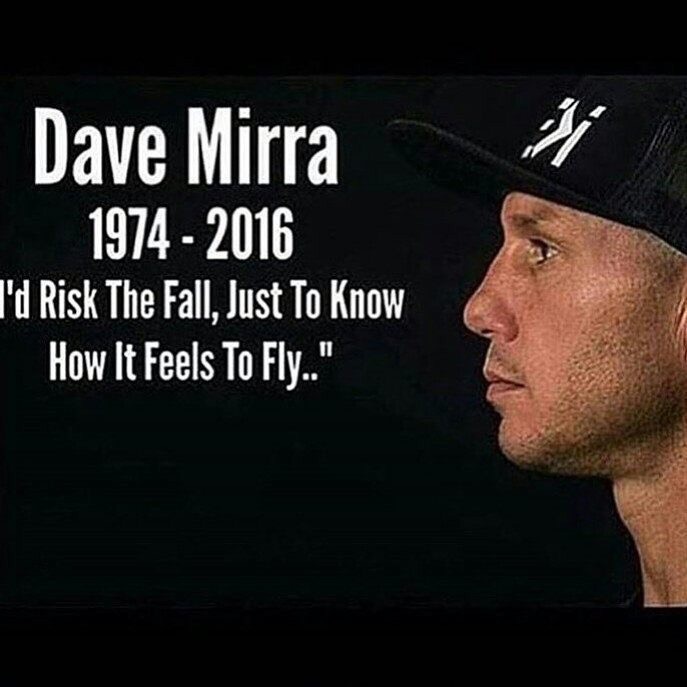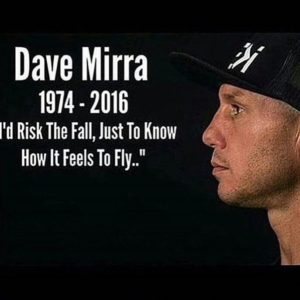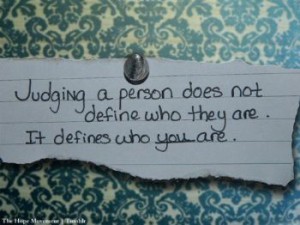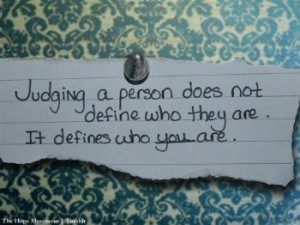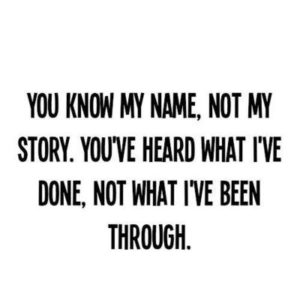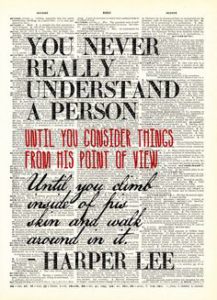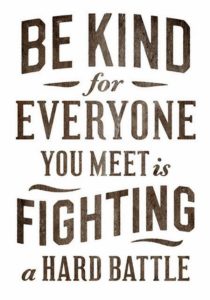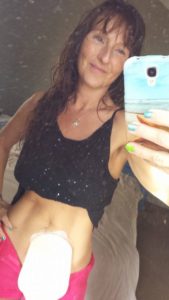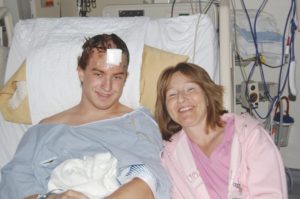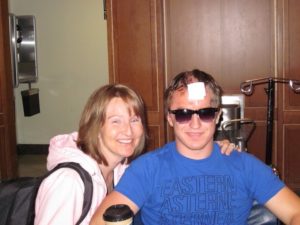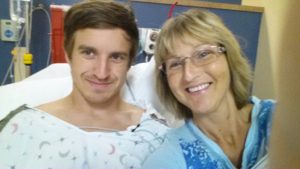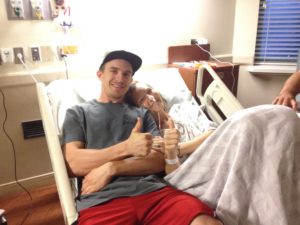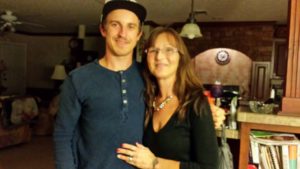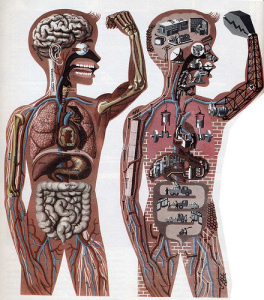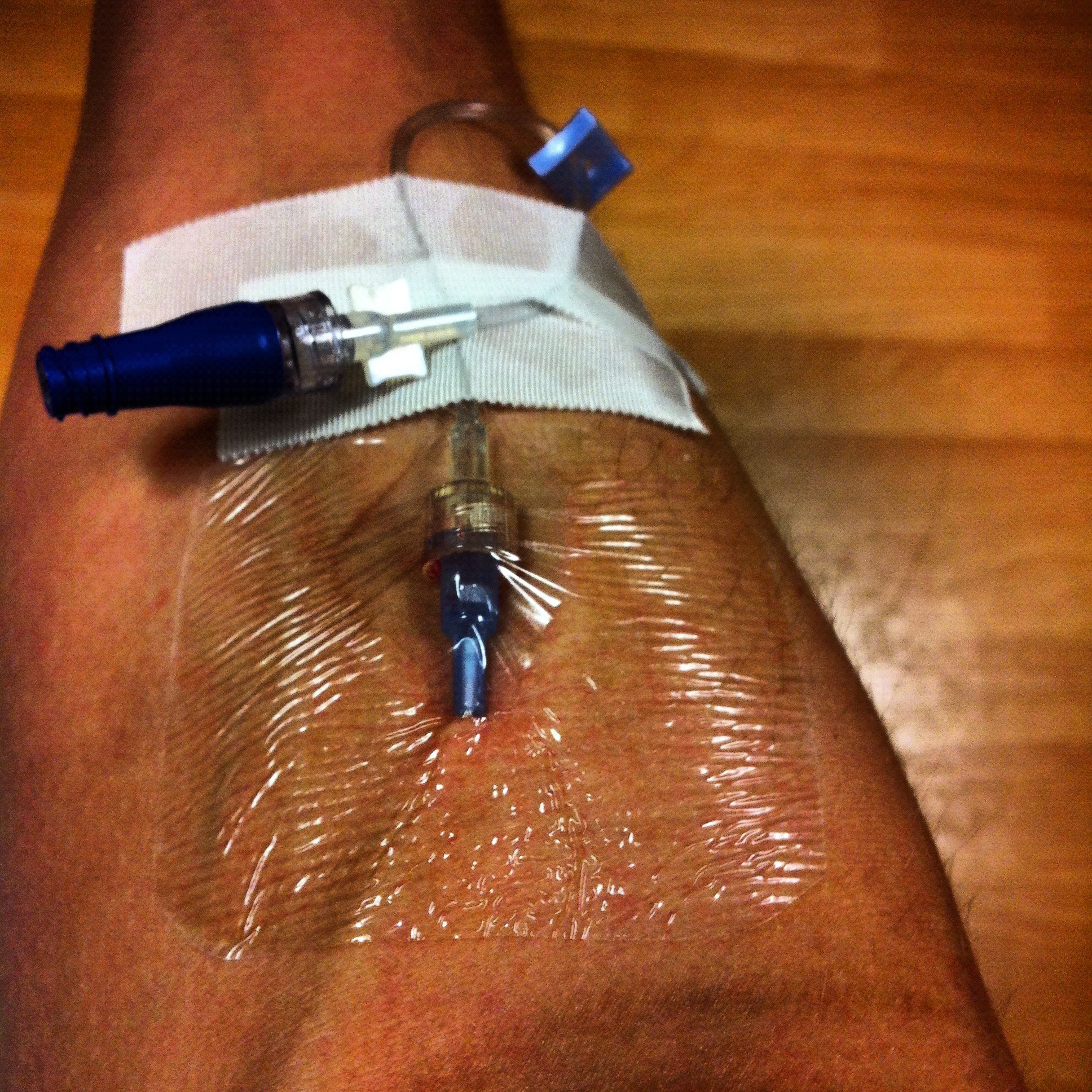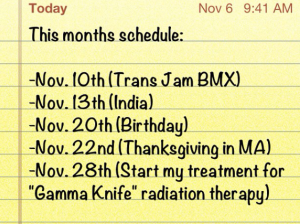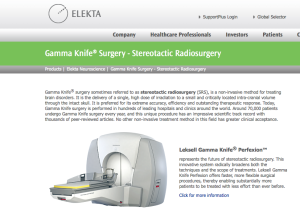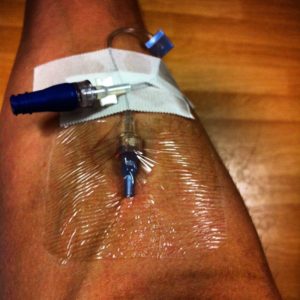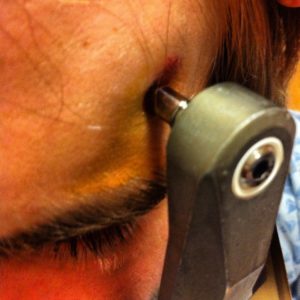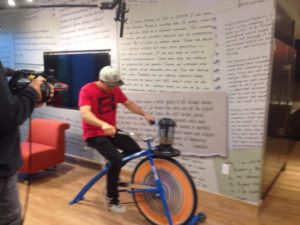Wow, over 7,500 words later and part 4 of my story is here!
Make sure to read part 1, part 2, and part 3 before continuing any further. 🙂
I thank you for your interest and support in reading about my story. When I started this blog I originally just wanted to write something to celebrate it being 5 years since my brain surgery in 2010.


It’s crazy to think back to a time in your life when you thought your life may actually end. I know it’s inevitable and that we are all going to die one day but when your 21, just starting your dream career and loving life, this can be very traumatic and life altering. If you’ve been reading along then you know that I took the experience of having surgery for a large meningioma brain tumor taking up the left section of my brain (followed by Gamma Knife radiation 2 years later for 2 smaller brain tumors) and turned it into fuel for living and advocating a healthy, happy, and positive life.

I left off in part 3 with my return to BMX after Gamma Knife radiation treatments at the end of 2012. A follow-up MRI scan (6 months later in May of 2013) from the Gamma Knife radiation treatment showed the 2 tumors to be stabilized. They said that this is great news and that people live normal lives after Gamma Knife with their tumors being stabilized.
The next scan in November of 2013 showed a slight decrease in one of the tumors. The following years MRI in October of 2014 showed even better news, both areas were now decreasing! I was so stoked but it’s weird at times to think about having tumors in your skull still. It’s a pretty wild and unexplainable feeling, especially when your ride BMX for a living.
It’s driven me crazy at times with different aspects of my life including, diet, health, family, friends, and BMX. Over time, this led me to go crazy with my diet and lifestyle. I would try to be “perfect” in order to keep the tumors from growing back. I would begin to dive into nutrition and biology for a more in-depth understanding of the effects that food has on our bodies.
All that I learned about sugar (artificial and natural), chemicals (flavorings, colors, stabilizers, etc.), preservatives, and GMO’s along with their ability to fuel diseases, scared me beyond belief. It made me a stress case and definitely negatively affected areas of my life, like my relationship with Charlotte. I have since gained an enormous amount of perspective on how this was controlling my life. I decided to not let it control me anymore and I’ve never felt better. They’re some things I wish I could take back and fix, but that’s a part of life. We’re human and must learn from our mistakes in order to grow and sometimes what we want may become a reality again.
Food Matters
As I mentioned previously, I started to really dive into nutrition after having brain surgery. What sparked this interest, later becoming a passion and huge part of my life, was the film “Food Matters“. Charlotte and I watched this video on Netflix with the recommendation from a good friend of mine and fellow BMX athlete, Craig Mast. A little lightbulb in my head turned on after watching Food Matters. I’m not saying that the cause of the brain tumor was 100% my diet, even though I know it didn’t help it and in fact it fueled the growth, but I was convinced at this point it was the cause and I would do what I could to learn how to prevent it from coming back.
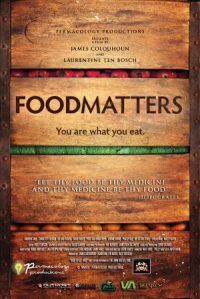
The Power of Food
Up until this point, I never heard of the phrases “whole foods” or “processed foods”. Little did I know I had been introduced to whole foods all along, thanks to Charlotte. Now, I don’t mean to say I wasn’t eating copious amounts of processed foods on top of those meals because I was. If it wasn’t for Charlotte’s amazing cooking, my diet would have solely been made up of 2-liter of Dr. Pepper/day, swiss cake rolls and oatmeal pies, Skittles and Twix, Mc Donald’s, Sonic blizzards, Subway as my “healthy” option, Taco Bell, frozen chicken patties from Walmart, Bojangles, the cheapest white bread I could find, tons of Gatorade because “we need electrolytes”, 2 boxes of Kraft mac and cheese at a time, American cheese, ketchup, and the list goes on. My relationship with food consisted of how cheap it was, how much I could eat, how “good” it tasted to me, and how easy it was to make or grab on the go.
While in high-school I started to get more into BMX and that involved a lot more travel than usual. This also meant less time for me to have dinner with the family or cook myself meals. Now that I look back on it, it was just due to my ignorance of how healthy food can be convenient and easy to make. I would basically live off fried egg and cheese sandwiches on white bread for breakfast, school lunch which usually consisted of pizza or burgers, a butterfingers smoothie after school and before riding, and Wendy’s for dinner after riding on my way home. Sometimes for dinner, I would ride down the road from the park to the local 7-11 and get a ton of hot dogs and a can of Arizona iced tea. Dominos pizza was always a cheap favorite as well.


Diets and Cravings
After I moved to Greenville, Brandon and myself started to take note of what Mirra and Guettler were doing with their diets, supplements, and their training. We would start going to the gym, buying generic protein mixes, and try to eat more vegetable and fruits. I would also try all these “cold turkey” attempts to cut out soda, dairy, fast-food, etc. but it would always backfire and lead to me being worse off with the amount I consumed than before. I have since learned quite a bit about this topic and have had great success.
When we cut foods out drastically like I did, we don’t allow our bodies time to adjust to the changes. Mainly, the sugar abundance change. I was eating so much processed foods, full of added sugars, that I was consistently having an enormous amount of glucose (blood sugar) lingering around. When you cut those added sugars, even it’s from juices, candy, junk, fast-food, soda, sports drinks, or processed foods so rapidly, your body goes through a withdrawal process and your cravings begin to skyrocket. I have experienced this many times over the years as well as have researched a bit into it.
Another thing that leads to backfires and cravings is putting eating restrictions on ourselves. Saying “I can’t have this or that” makes us want it that much more. But when we say, “I can have that but I would rather have this”, we don’t create this “forbidden fruit” effect on our minds. We can shift our perspective to food being “bad” and “good” to being “healthy” and “not so healthy” that way we give ourselves the choice. We can also learn to shift our relationship with foods. We can acknowledge why we are craving particular foods and learn how to replace junk with whole food alternatives. This is so rewarding physically (especially with healing from injuries and the recovery process), mentally, and emotionally.
IIN (The Institute of Integrative Nutrition)
I was trained how to help others implement healthy changes into their diet and lifestyle while attending the Institute for Integrative Nutrition. There I became certified as a Holistic Health Coach. I went to IIN to learn more about nutrition and its correlation with our health, how to heal myself, and how to help others do the same. That is where I learned about the holistic approach to health and using food as functional medicine.
What does this mean? It’s simple… We are a system and when that system is interrupted, symptoms manifest. These symptoms (weight gain, inflammation, rashes, diabetes, cancer, etc.) are largely caused, if not 100% at times, from what we do with our lives and the foods we consume. There are the minor instances of gene related disease, but that’s only about 25% of disease in our country. When we look at what we are eating and doing in our lives, and how these symptoms could be caused, we can then correct the cause and heal our bodies.
It was the end of 2013 and I was on a roll with researching nutrition and holistic health. I was reading books and watching documentaries, as well as taking a whole ton of notes. I was trying to understand how the food we eat directly affects our health and quality of life. I have learned that our health is affected by what we fuel it with, physically and mentally. Think of our body as a vehicle and using soda in replace of gasoline. Doesn’t work out too well and may run ok for a bit but then problems arise.
The lives we lead are just as important as the foods we eat. The founder of my school, Joshua Rosenthal, said something along these lines, “You can juice all the raw organic broccoli you want, but if you have a negative relationship at home, hate your job and co-workers, and don’t have anything to fuel your soul within your life, no amount of organic juice is going to keep you healthy.” That is so true and I have experienced this so much in my life.
Whether it’s shifting my perspective on a situation that confronts me in my life, mending a negative relationship, or finding things I am passionate about to integrate into my regular life schedule, I have seen enormous improvements with my physical and emotional being. IIN refers to this as “Primary Food” and “Secondary Food”. Primary food being the things in our lives like careers, relationships, joy, finances, creativity, etc. When we are full of Primary food, we start to see cravings vanish and people said to have an eating disorder are miraculously cured.

Secondary foods are vegetables, meats, fruits, nuts, seeds, legumes, water, vitamins or even alcohol, drugs, caffeine, candy, soda, cigarettes, etc. Basically, anything we eat, drink, or inhale is considered secondary food. Sometimes we can have a 100% organic, fresh, local diet but our social life, finances, education, or work are not going well and that has a larger impact on our lives.
Stress can do more damage than the healthy food you consume does good sometimes. It can also work the other way. Think back to being a child out playing with your friends or siblings and having to be reminded to eat dinner. Your primary food was so on point that your body and mind were fueled so well that you were not hungry for secondary food. You had to be reminded to make sure to eat.

Small Changes Lead to Long-term Success
Try to identify the areas of your Primary and Secondary food that are going well. Then, identify the areas that you can improve on and make a list of some ideas of how to make this happen. Start by first identifying the issue, then outline a specific goal to resolve this issue, and then make a list of 3-5 “action steps”, or a plan of attack, to allow yourself to start the journey to accomplishing your goals. I have learned this indirectly from BMX while having to set goals for tricks and steps to work my way up to that trick.
Starting off with small steps is perfectly fine. In fact, I suggest that at first. You have to also remember no accomplishment is too small and to celebrate every single accomplishment and success. Another great quote I love is, “If you focus on results, you will never change. If you focus on change, you will get results.” This has been a game changer for me. Instead of dwelling on what’s wrong or what I am not accomplishing, I have begun to shift my way of thinking to how I can change my approach and execution to reach my goals. I have seen huge improvements in my diet and life by doing this and I have faith you can, too!
“When given half the chance, our bodies can heal themselves by themselves.” – Joshua Rosenthal
Quality Over Quantity
Another topic I want to touch upon is how we view our food. I find most people view it as their comfort or their “have to have.” We depend on certain foods for the effect they have on us and the way they make us feel. But, we don’t think about their quality and how it affects our health. We mainly think, “how much can I save on this or that brand.” I used to do this, probably more than most as I was 17-19 years old, trying to make it as a professional BMX athlete, and was low on money. When we work on reducing our intake of junk and processed foods, we allow ourselves to introduce new healthy foods, crowding out the junk, as well as we don’t over eat poor quality foods that just run through our bodies from lack of nutrition being supplied.
At the same time, we begin to see how different sources of food affects our energy, weight, mood, and much more. Eating healthy DOES NOT HAVE TO BE EXPENSIVE! You just need to learn how to identify healthy food from non-healthy food and how to make a balanced meal that tastes delicious to you. That’s where health coaches, like myself, come into play. My role as a Holistic Health Coach is to guide you through your journey to learning about food and the role it has in your life, how it’s affecting your health and quality of life, and to devise a step-by-step plan to integrate small changes that provide long-lasting results. Nothing like the normal “diets” you’re familiar with that are not sustainable or enjoyable.
When I use the analogy of our bodies as a machine or a vehicle, and that the food we eat becomes our fuel, tissues, muscles, cells, and organs (gasoline, engine, parts, oil, etc.), we can start to understand and see how that makes sense. Especially when I explain the negative effects of the use of additives like hormones, antibiotics, artificial flavors, stabilizers, colors and dyes, and pesticides.
There are two forms of food you will see me talk about in future articles to come, which are Macro and Micro nutrients. We’re most familiar with the macro nutrients. These are our proteins, fats, and carbohydrates, which provide calories (fuel) for our bodies among other functions. Micronutrients are our vitamins, minerals, and other nutrients that don’t provide calories but provide nourishment to our cells, tissues, organs, and our blood.
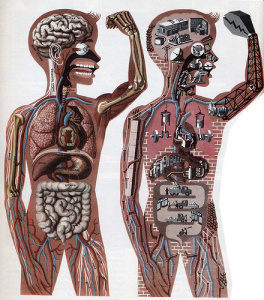
If this is the first time you have had your view of food and health questioned, and you want to make some changes, then I recommend starting slow. Try these steps:
- Find support within your life. This can be a friend, a life partner, a co-worker, or a family member. Anyone that will encourage you and maybe even try to implement healthy changes along side you.
- Try to drink more water every day.
- You don’t have to cut anything out. Just add in some more vegetables, fruits, nuts, and seeds. You may start to notice over time with adding healthy foods in that your cravings subside and you find yourself not even wanting the “junk” foods anymore.
- Take notice to ingredients lists, instead of labels, and compare them to other brands. See what you notice about the length on ingredients and the words you find that you may not notice or even be able to pronounce.
- Try preparing simple and quick foods at home for your day and eat out a bit less. This saves you money as well!
- Try to add in at least 30 minutes of some sort of physical movement a day. This can be a 15-minute walk and back, bike ride, hike, sports of some sort, yoga, going to a gym, etc. Anything that gets your blood flowing and heart rate up more than normal.
- Try to acknowledge your cravings and shift the way you view food and what it represents to you.
- Never be afraid to ask for help from an expert. I have invested in myself with proper training and nutritional education to be able to help myself and help others as a Certified Holistic Health Coach. It’s my passion to take what I have learned and experienced and share it with you.
We have to remember that we can not rush this process. We can’t get down on ourselves if we have setbacks or don’t notice improvements right away. First of all, we have to think about how long we have been living and eating one particular way to put ourselves in a position that we want to change and improve on. We can not expect it to be easy or happen overnight.
We can’t beat ourselves up if we fall off track or have a slip-up and indulge at a party or in a moment of loneliness, stress, or even success. If we remember that we have the power to get back on track with the very next snack or meal, everything will be fine! Stressing over eating something “bad” will do more harm than enjoying that moment and getting back on track the next time. We are human and have a lot of temptation around us at all times. If we want to have ice cream, fast-food, a soda, or even a beer, then go ahead. As long as you can acknowledge that it’s your choice and not your cravings. Even if that’s not possible, try to learn to take note of why you’re doing this and how you can prepare for next time this feeling or scenario comes up.
Our health and weight are also not 100% dependent on exercise. Exercise does help assimilate food better, though. About 20-30% of our weight is actually dependent on exercise and the other 70-80% is the food we choose to eat. All food has a different biological effect once ingested and metabolized. This is why working with a health coach, like myself, is very helpful to see how we may be getting in our own way by doing what we are taught is ”healthy” and falling for marketing/ health claims like I have done in the past (another topic I will discuss in a future article).
I also recommend watching “Food Matters”, “Food Inc.”, and “Fed Up”. Those can be life changing films for you, as they were for me.
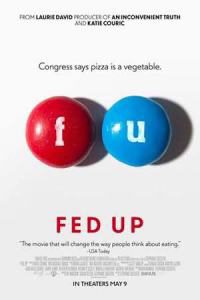
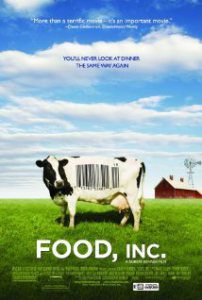
If you can try to adapt some of these changes, I promise it’ll go a long way. You may even see the benefits associated with this concept and take it even further. You will probably start to feel better in the morning and on your bike or in your life in general. I sure have and I have faith you will, too!
I go for another MRI scan this November of 2015 and I am confident that both tumors will be decreasing even more. I have taken what I learned while attending IIN and have implemented this valuable information in so many areas of my life. I have begun to work on goals with my Primary food and have got a great balance on my Secondary food. I have kept a positive mindset and worked hard to get to where I want to be and am thankful for all that this handwork has down for my life and the people and opportunities it has led me to.
I am not saying it’s easy or that I maintain this 100% of the time. Again, it’s not about being perfect but allowing yourself to make mistakes, forgive yourself, and to know that you can always get back on track. If you can do this while loving yourself and supporting yourself, it can truly be life changing.
You can reach out to me for support by leaving a comment to connect. I love helping others take control of their diets and lifestyles to lead a healthy and happy life. If I can make the changes I have addressed, anyone can. Seriously!
Keep an eye out for more articles in the near future. They are going to be a bit shorter but equally exciting and informative. In my next article, I plan to introduce my goals, topics, and plans for this blog.
Feel free to reach out and follow me on my social media outlets, too:
Twitter & Instagram – @JoshPerryBMX
www.Facebook.com/JoshPerryBMX
Until next time, I wish everyone health, love, and happiness!
-Josh P.
